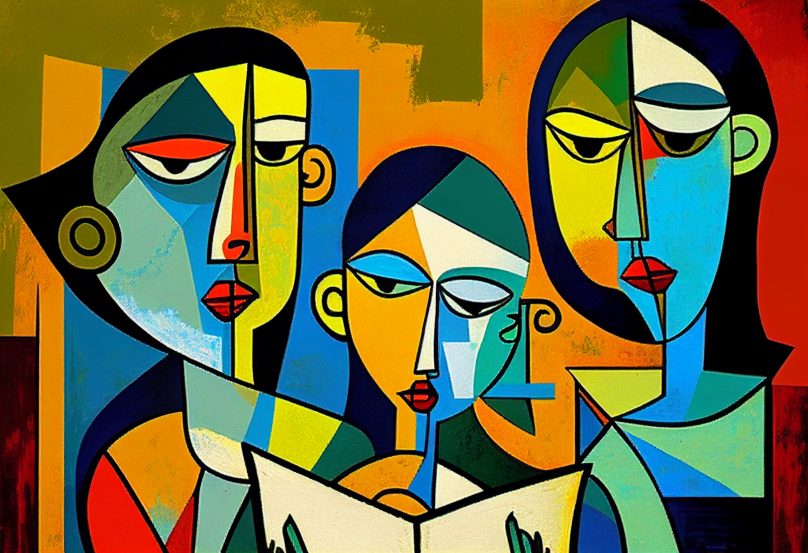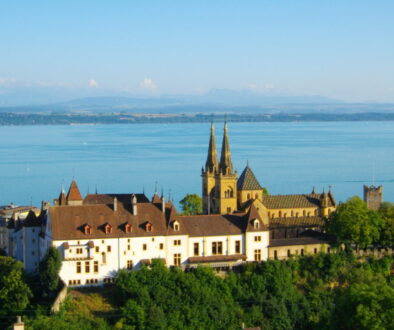Celebrating International Mother Language Day
Human societies thrive through the preservation of their mother languages, which serve as channels for traditional knowledge and cultural transmission. But many languages now face the risk of disappearing. On International Mother Language Day, let’s remember that the NCCR Evolving Language works with the aim of preserving and promoting these endangered languages.

Studying the evolution of language means first and foremost embracing the diversity of languages, of living beings and of transdisciplinary approaches that surround it. With this in mind, the NCCR Evolving Language celebrates the UNESCO’s “International Mother Language Day” and thus takes a stand for a better preservation and promotion of mother languages all over the world.
According to the UN, 40% of the global population lacks access to their education in their native language (and it can rise up 90% in certain regions of the world). It is crucial for people to be able to communicate and be educated in their language. For this, many NCCR research projects work together with the communities to understand and preserve their language.
Multilingualism is also a key focus of the NCCR Evolving Language. Many of our researchers explore the characteristics of children and adults speaking multiple languages.
At its level, the NCCR Evolving Language hopes to place the promotion of diversity – in all its dimensions – at the heart of scientific research. The aim is to provide a contemporary and resourceful view of the world around us and to provide some answers to this global problem.



